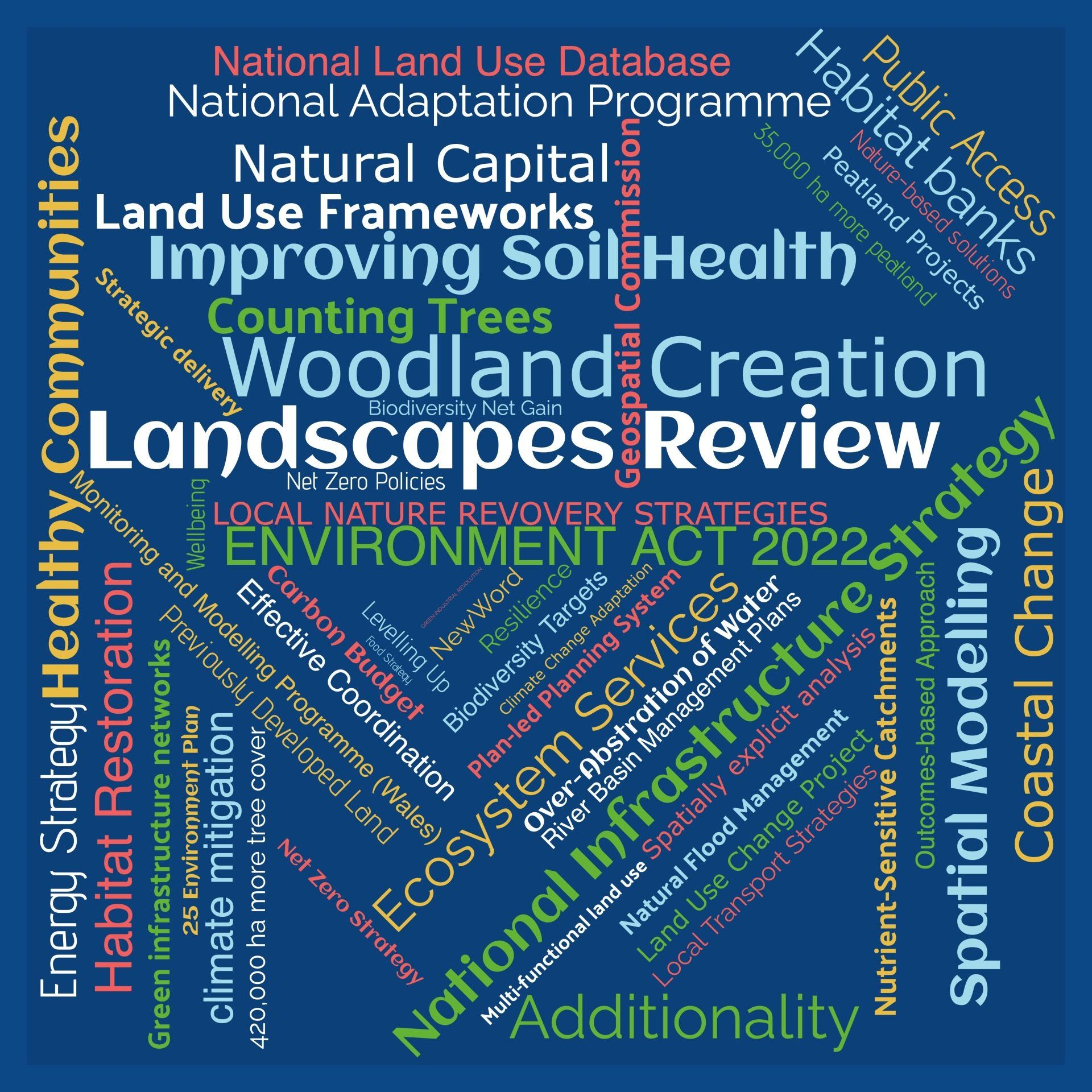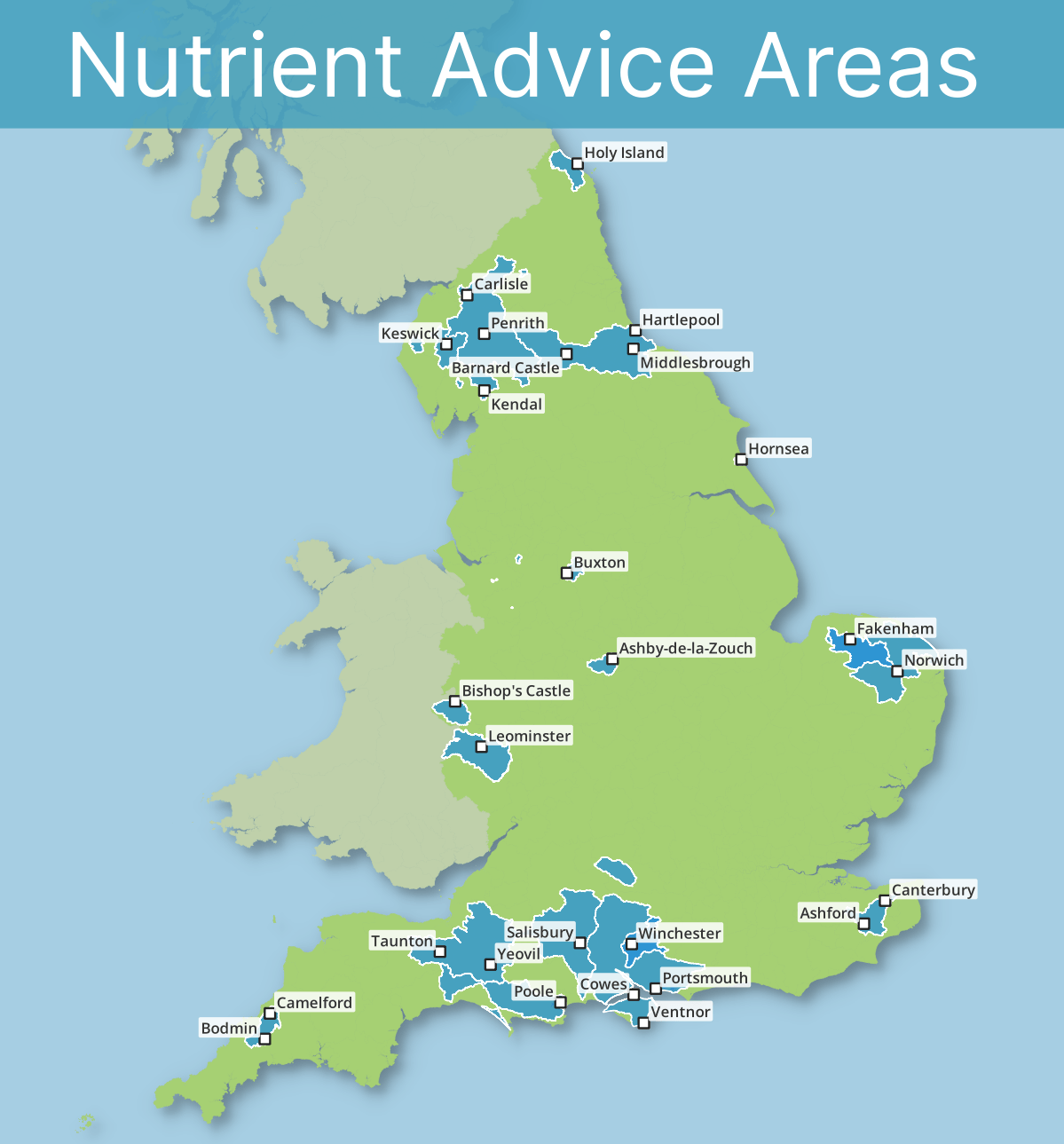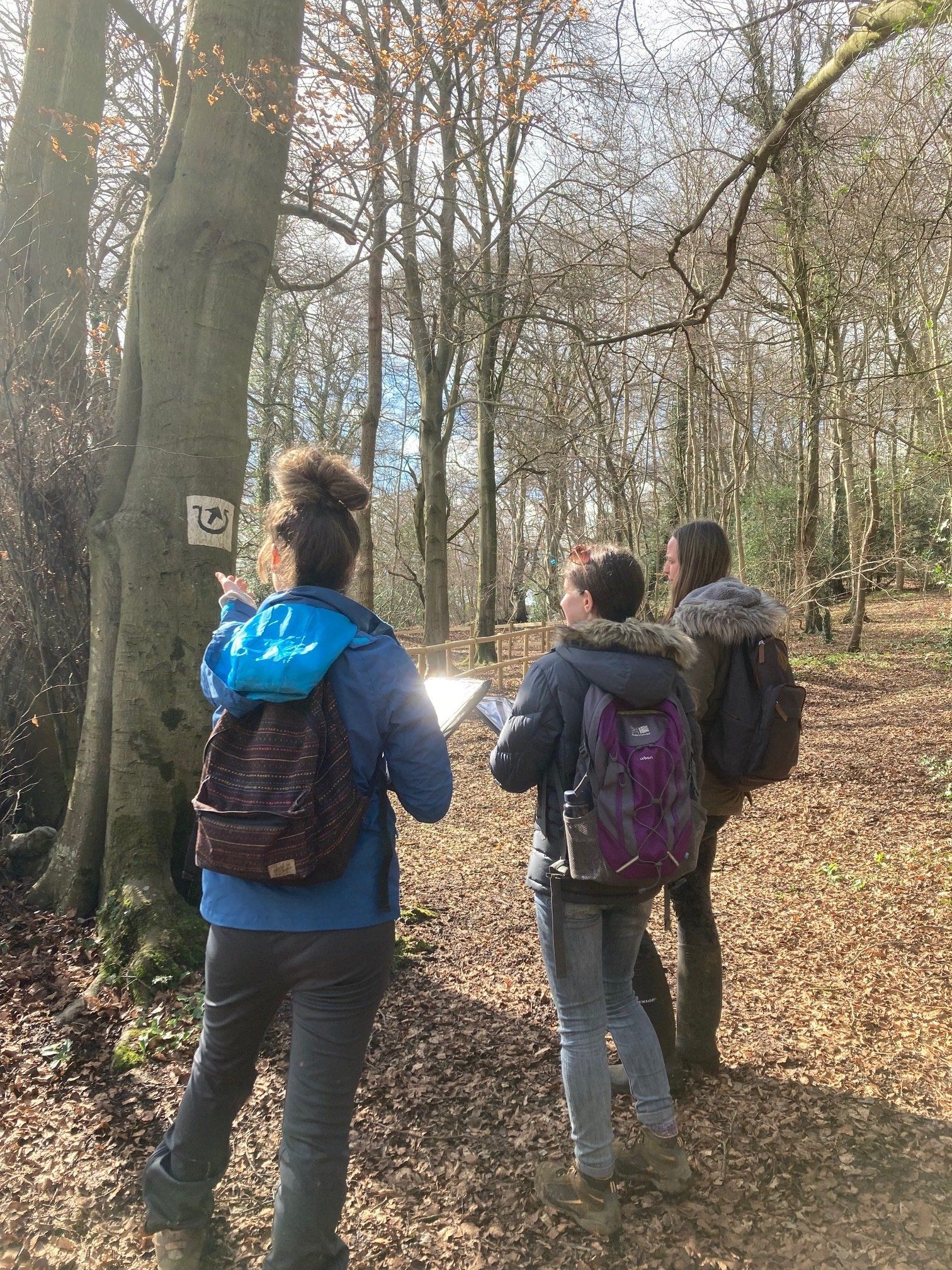NEWS
NEWS
Latest news
This page will provide you with a flavour of the views, news and other relevant information about current thinking on environmental planning and sustainable place making. Take a look below.

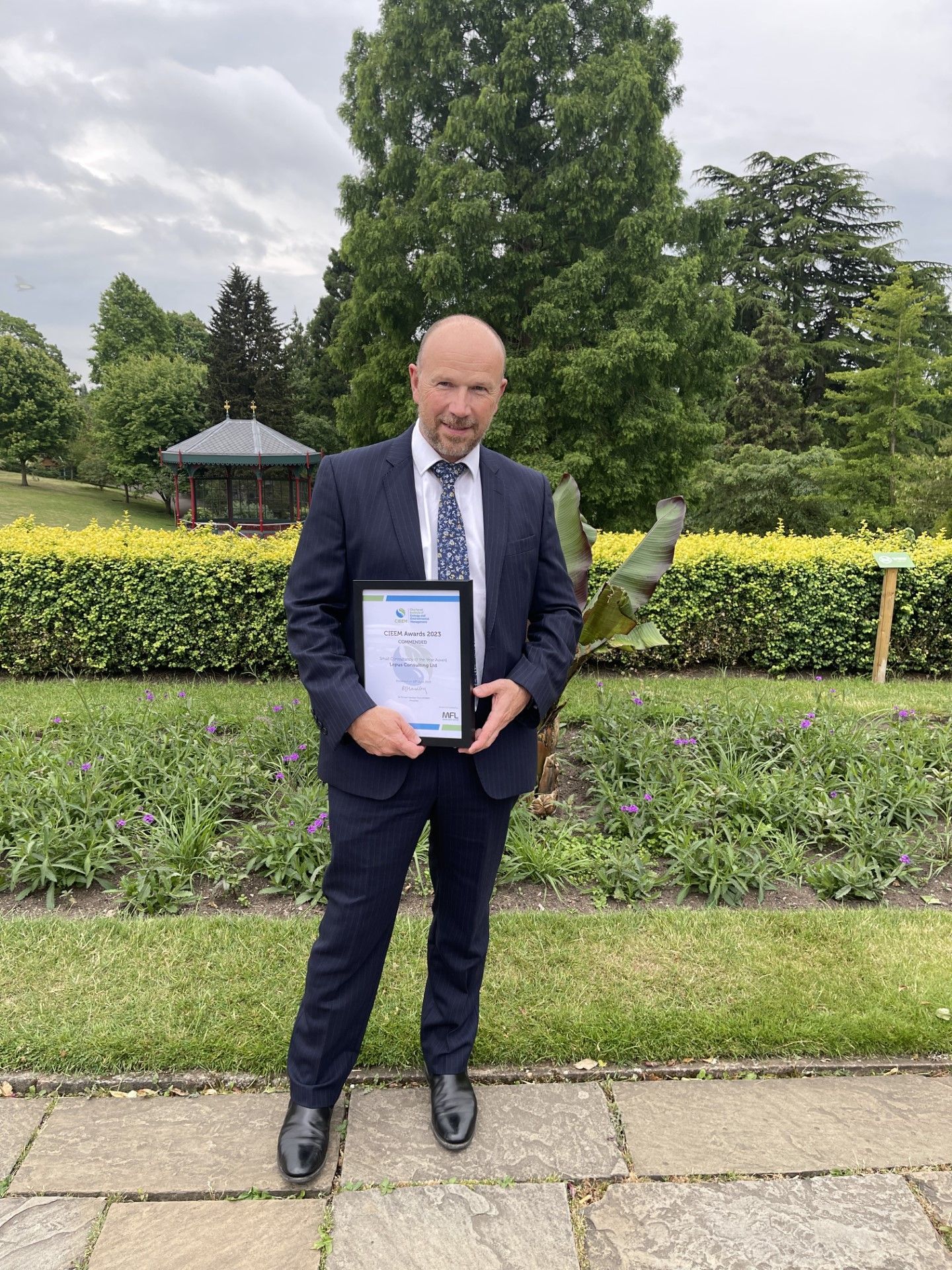
26 Jul, 2023
CIEEM 2023 SMALL CONSULTANCY OF THE YEAR AWARD NOMINEES Following being shortlisted by the CIEEM panel for the 2023 Small Consultancy of the Year Award, the Lepus Team attended the awards ceremony at the Birmingham Botanical Gardens for an evening hosted by CIEEM. After listening to some incredibly innovative work being carried out across the country by fellow practitioners, and some engaging discussion about BNG opportunities within the UK, we were awarded 'commended' in our field. This award recognises consultancies which deliver high quality ecological services and are an exemplar employer and advocate for the profession. To be chosen by the panel and awarded a commended position is a real testament to the hard work of our team over the year. Roll on 2024!

26 Jul, 2023
ENVIRONMENTAL OUTCOMES REPORTS - AN ANALYSIS OF THE PROPOSED CHANGES TO THE SYSTEM FOR ENVIRONMENTAL ASSESSMENTS The Levelling Up and Regeneration Bill (LURB) will see that existing EU-generated Environmental Impact Assessments (EIAs) and Strategic Environmental Assessments (SEAs) are transformed into new, government-created Environmental Outcomes Reports (EORs). Part 6 of the LURB is currently awaiting royal assent which will likely be granted later this year. Regulations and piloting will then take place in 2024, and the bill likely rolled out in 2025. The main aim of this Bill is to make environmental assessment more efficient, whilst ensuring overall environmental protection is not reduced. Plans and projects will have to report against a set of given environmental outcomes with supporting indicators. Why move away from EIAs and SEAs? Environmental assessment has become too broad Significant amounts of documentation under current regime (becomes impenetrable and disengages local communities) Significant variance in indicators and datasets within assessments Current environmental assessment regime contains inherent element of uncertainty Lack of access to robust and consistent data Lack of monitoring and forecasting impacts or mitigation What makes EORs more efficient than previously used EIAs and SEAs? Scoping will report proportionally against outcomes and be submitted as part of the EOR to save time with the local authority scoping process. Scoping reports will assess alternatives earlier to reduce confusion and will follow a more outcome-based approach. They will include an assessment of how matters raised can be monitored and mitigated There are, however, concerns around EORs and the potential for them to become more of a burden rather than an improvement to the original system. There are a number of things that should be considered before the Bill is rolled out in full force, such as: Can we implement adaptive management to allow mitigation to be adjusted in response to greater certainty on effects following implementation? If EORs are not able to address cumulative effects of climate change, what measures will be in place to ensure this issue is picked up elsewhere? How will monitoring across local councils and development bodies be better resourced? Some of these questions arose in a webinar on EORs hosted by the Planning Advisory Service. It is promising that questions are being asked, as this encourages solutions to be actively sought. Hopefully, when the Bill comes into effect, we will see positive environmental outcomes and assessments will be more efficient than under the old regime. The Lepus team consists of highly experienced SA practitioners and as such we have taken a keen interest in these developments and have contributed to the governments consultations in order to shape the emerging legislation. For more information on EORs please contact our technical team at enquiries@lepusconsulting.com . Our team can provide advice on the likely transition times for the new legislation, alongside specialist advice targeted to your requirements.

17 May, 2023
The Lepus team is excited to announce we have been shortlisted by the CIEEM panel for the Small Consultancy of the Year Award. This award recognises consultancies that deliver high quality ecological services whilst being an exemplar employer and advocate for the profession, so to be chosen by the panel is a real testament to the hard work of our team over the year. We look forward to attending the awards ceremony on Wednesday 28th June at The Birmingham Botanical Gardens!

By Neil Davidson
•
09 Feb, 2023
REFORM OF UK ENVIRONMENTAL POLICY, THE UK ENVIRONMENTAL IMPROVEMENT PLAN (EIP) AND THE OFFICE FOR ENVIRONMENTAL PROTECTION (OEP). The government continues to modify UK policy and legislation in the wake of Brexit. This week the UK Government rejected amendments that would have offered some assurances of the continuation to nature protection laws that have been derived from European legislation. On Wednesday the Government voted against amendments tabled for the Retained EU Law (Revocation and Reform) Bill that sought to protect environmental rules from powers contained in the the bill. It therefore persists with its 'reform' (chiefly removal) of European environmental protection and management legislation without having first established which UK-designed successor approaches and legislation will ensure that the claims of the government are met; Michael Gove says that changes will not have the effect of reducing the level of environmental protection provided for by any existing environmental law. This is a very delicate and rather important matter as most environmental professionals, economists, land use planners and resource strategists are hoping to address the growing Climate Change and Biodiversity crises. EU membership often prompted the UK government to do more than it was willing to do in terms climate change, environmental and ecology protection. Even if the UK was the first nation to have its own Climate Change Act (2008), an Act which is widely credited with having contributed to reducing the country’s gross greenhouse gas emissions by 26% between 2010 and 2019, while the economy grew by 17% in the same period. Adaptation and modification of existing practices where improvements can be yielded is a worthwhile exercise. Needless to say, this reform process is a case of making sure that the government don't throw the baby out with the bathwater. On a related matter, the OEP has provided a review of progress with the UK's EIP: the 25 Year Environment Plan. It reveals a mixed bag of performance metrics, with much room for improvement. Let's hope then that the government know what they are doing as they continue with these bold changes. For more information please see the CIEEM website: https://lnkd.in/eMr5TKsC https://lnkd.in/e6rQ2-k4
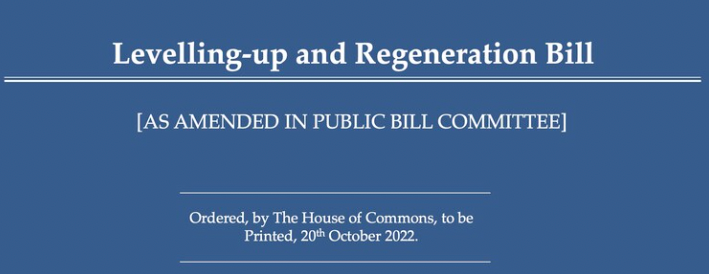
By Neil Davidson
•
09 Feb, 2023
The government has published updates and more detail about environmental outcomes reporting in Part 5 of the latest Levelling-up and Regeneration Bill. Of interest to me is the possibility that EOR will replace and reform existing environmental assessment legislation relating to EIA and SEA (as well as presumably sustainability appraisal). I have skimmed through the Part 5 proposals and am under the clear impression that they appear to make much sense as a streamlining and progressive ambition. For anyone who feels sustainability appraisal is burdened by the challenge to reconcile environmental, social and economic outcomes, will be pleased to see (as am I) the emphasis on environmental protection. LURB clause 118(2)(a) includes a clear and simple definition about the environmental protection with which EOR will concern itself: 'protection of the natural environment, cultural heritage and the landscape from the effects of human activity'. For the sceptics, in respect of any future EOR regulations that may be prepared, and so possibly include revocation of some existing environmental assessment legislation, LURB clause 122 is reassuringly helpful: 'The Secretary of State may make EOR regulations only if satisfied that making the regulations will not result in environmental law providing an overall level of environmental protection that is less than that provided by environmental law at the time this Act is passed'. EORs are intended to apply to plans and projects alike. It is not yet clear as to when an EOR will be required, see LURB Clause 119(2). Presumably, some kind of screening process will be used. I will write more once I know more. In the meantime, I look forward to seeing what others think of the proposals. It is a humungous bill and has, no doubt, quite a way to go yet. For more information, please see: https://lnkd.in/eT8JT8w6

By Hannah Moule
•
15 Feb, 2022
Lepus is delighted to have been appointed by the Broads Authority to support it with the strategic ecological appraisal of effects associated with four flagship plans: the Broads Plan, the Local Plan for the Broads, the Waterways Management Strategy and the Broads Sustainable Tourism Strategy. Working alongside Broads Authority team members, Lepus will be undertaking Habitats Regulations Assessments of each plan to help protect the integrity of the numerous internationally and nationally protected sites that are located in and around the Broads.

By Katie Forrester
•
15 Feb, 2021
A Clean Air Zone (CAZ) is an area where targeted action is taken to improve air quality, in particular by discouraging the most polluting vehicles from entering the zone. The aim of a CAZ is to address all sources of pollution, including nitrogen dioxide and particulate matter, and reduce public exposure to them using a range of measures tailored to the particular location. A report carried out by The Royal College of Physicians assessed the impact air pollution was having on public health. The results of this study suggested that 40,000 people die prematurely each year in the UK due to poor air quality. The Government have responded by publishing a document called The Clean Air Strategy. This is a key document in tackling air pollution, making our air healthier to breathe, protecting nature and boosting the economy. It requires local authorities to assess air quality in their region and make mandatory changes if they are above the regulated limit. CAZs are implemented in areas where air pollution levels are dangerous to public health. Implementing these zones is key to improving air quality and supporting the transition to a low carbon future. In a CAZ, if your vehicle exceeds emission standards, you may have to pay a charge to drive it. High polluting vehicles such as busses, HGV’s and taxis will be amongst those to face charges to these zones. The first of the proposed CAZ’s to be launched will be in Bath on the 15th March 2021, followed by Birmingham on 1st June 2021. More cities will implement CAZ’s later in 2021 and in 2022. You will only have to pay a charge for vehicles that do not meet emission standards when the first CAZ in Bath starts charging. There are multiple options to explore when seeking support to reduce emissions and stop paying CAZ charges. The Office for Low Emission Vehicles (OLEV) offer a range of grants to help you choose cleaner vehicles. The Go Ultra Low Campaign has information about electric vehicles and also includes grants which you can apply for. The Clean Air Fund provides support to individuals and businesses. They offer local travel discounts, cycling to work schemes or vehicle upgrades. Your local authority may also be able to provide support to help you upgrade or replace your vehicle. Lepus thinks that the introduction of Clean Air Zones will be extremely positive. We need cleaner air as soon as possible to ensure more people live healthier lives.
LET'S TALK
Lepus helps shape effective and appropriate environmental planning policy for our clients by delivering products that are meaningful, sound and insightful.
Get in touch ➞Location
Lepus Consulting
Eagle Tower
Cheltenham
Gloucestershire
United Kingdom
GL50 1TA
© 2024
Lepus Consulting. All Rights Reserved.
Web design by CW.
Privacy Policy
| Web design by CW.
